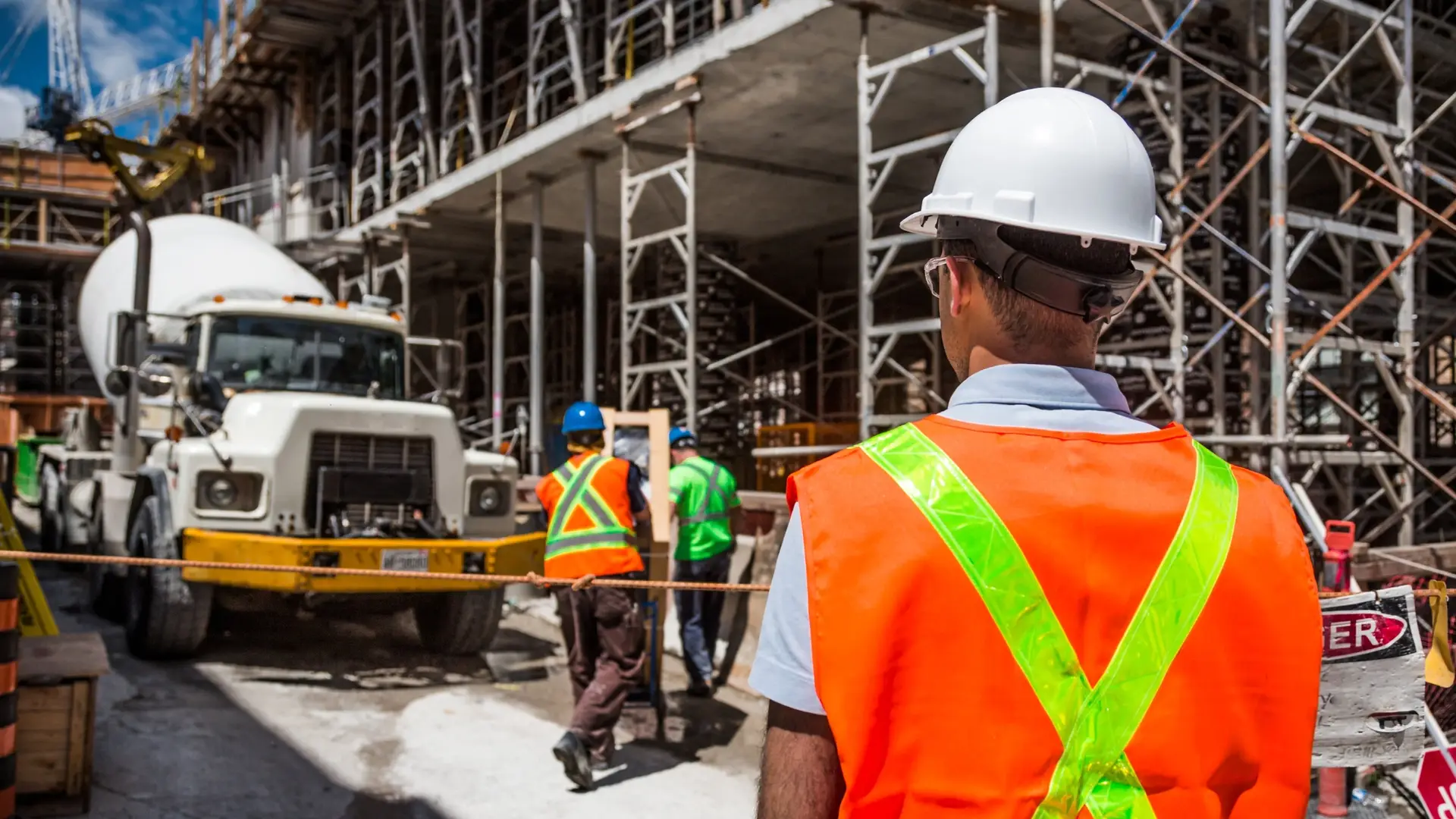CONSTRUCTION SAFETY 101: ESSENTIAL TIPS FOR JOB SEEKERS TO STAND OUT WITH SAFETY TRAINING

In the construction industry, safety is not just a priority—it’s a requirement. Employers are constantly looking for candidates who can contribute to a safe work environment and follow industry-standard safety protocols. Whether you’re just starting out or looking to advance in your construction career, having solid safety training can set you apart from other job seekers. In this article, we’ll explore how job seekers can enhance their chances of landing a job in construction by focusing on safety training.
1. Understand the Importance of Construction Safety
Safety in construction is crucial, as the industry involves working with heavy machinery, hazardous materials, and complex tasks that can lead to accidents if proper precautions are not followed. Understanding the importance of safety is the first step toward standing out as a job candidate. Employers need individuals who not only know how to do the job but also recognize the critical nature of following safety protocols. By emphasising your safety knowledge during interviews, you demonstrate that you take the well-being of yourself and others seriously.
2. Obtain Relevant Safety Certifications
Safety certifications are often a requirement for construction jobs, and they can significantly increase your chances of being hired. The most common safety certifications include:
- Construction Skills Certification Scheme (CSCS): This is often a must-have for those working on construction sites in the UK. The CSCS card demonstrates that you have the necessary skills and knowledge to work safely in the construction environment.
- First Aid and CPR: Being certified in first aid can make you more valuable to employers, as it shows you are prepared to handle emergencies on-site.
- Health and Safety Executive (HSE) Training: HSE courses cover essential safety procedures and regulations in the UK, and they are a key part of many construction job requirements.
- Asbestos Awareness Training: Given the risks associated with asbestos, having this certification can make you a more attractive candidate.
By investing in these certifications, you not only increase your job prospects but also show your commitment to maintaining safety standards.
3. Know the Key Safety Regulations in Your Area
Each country and region may have its own specific safety regulations in the construction industry. Being familiar with these regulations can give you a significant advantage when applying for jobs. For example, in the UK, the Health and Safety at Work Act 1974 and the Construction (Design and Management) Regulations 2015 are crucial pieces of legislation that outline safety responsibilities on construction sites.
Being aware of the regulations that affect your role demonstrates that you’re knowledgeable and ready to work safely from day one.
4. Stay Updated on Safety Procedures and Best Practices
Construction safety protocols are always evolving, so it’s important to stay updated on the latest safety procedures and best practices. This could include learning about new machinery safety standards, updated building codes, or the latest in personal protective equipment (PPE) technology. Many employers will value your initiative in keeping up with safety trends and will be impressed by your dedication to ongoing learning.
5. Demonstrate Safety Awareness During Interviews
When interviewing for a construction job, make sure to highlight your safety training and experience. Share examples of how you have implemented safety measures in previous roles, and explain how you contribute to a safe working environment. This could include discussing the steps you take to reduce risks, handle emergencies, or ensure that team members follow safety procedures. Showing that you can lead by example in maintaining safety standards will leave a strong impression on potential employers.
6. Experience with Personal Protective Equipment (PPE)
Personal protective equipment (PPE) is a key part of any construction job. It’s important to have experience with different types of PPE and to understand when and how to use them properly. PPE may include hard hats, safety boots, gloves, high-visibility clothing, eye protection, and respiratory equipment. Employers will appreciate job seekers who know how to use PPE effectively to prevent injuries on-site.
7. Promote Your Safety Record
If you have previous experience in the construction industry, make sure to highlight your safety record on your CV and during interviews. A track record of working accident-free, following safety protocols, and contributing to a culture of safety will set you apart from other candidates. If you’ve been recognized for your commitment to safety in previous roles, be sure to mention it.
8. Emphasise Team Safety Culture
In addition to individual safety practices, employers will also be looking for candidates who understand the importance of fostering a safety culture within the team. Being able to demonstrate that you can promote safety among your colleagues, encourage the reporting of hazards, and ensure that safety standards are followed at all times shows that you are a team player who values the well-being of others.
9. Get Hands-On Safety Experience
While safety certifications are essential, hands-on experience is just as valuable. If you’re new to the construction industry, consider volunteering for safety-related tasks or assisting a mentor who works in a safety role. This can give you real-world experience and help you develop the practical skills needed to handle safety issues on-site.
10. Be Ready for Safety Tests and Assessments
Many employers conduct safety assessments as part of the hiring process. Be prepared to take written or practical safety tests that assess your knowledge of construction safety procedures. These tests are designed to ensure that candidates understand the importance of safety and can apply it in real-world situations.
Conclusion
Construction safety training is not just a way to stand out—it’s an essential component of your overall skillset as a job seeker. By obtaining relevant safety certifications, staying updated on safety regulations, and demonstrating your commitment to safety in interviews, you can set yourself up for success in the competitive construction job market.
Make safety your priority, and employers will take notice. By showing that you are prepared to work safely and contribute to a culture of safety, you will not only enhance your chances of being hired but also position yourself as a valuable asset to any construction team.
